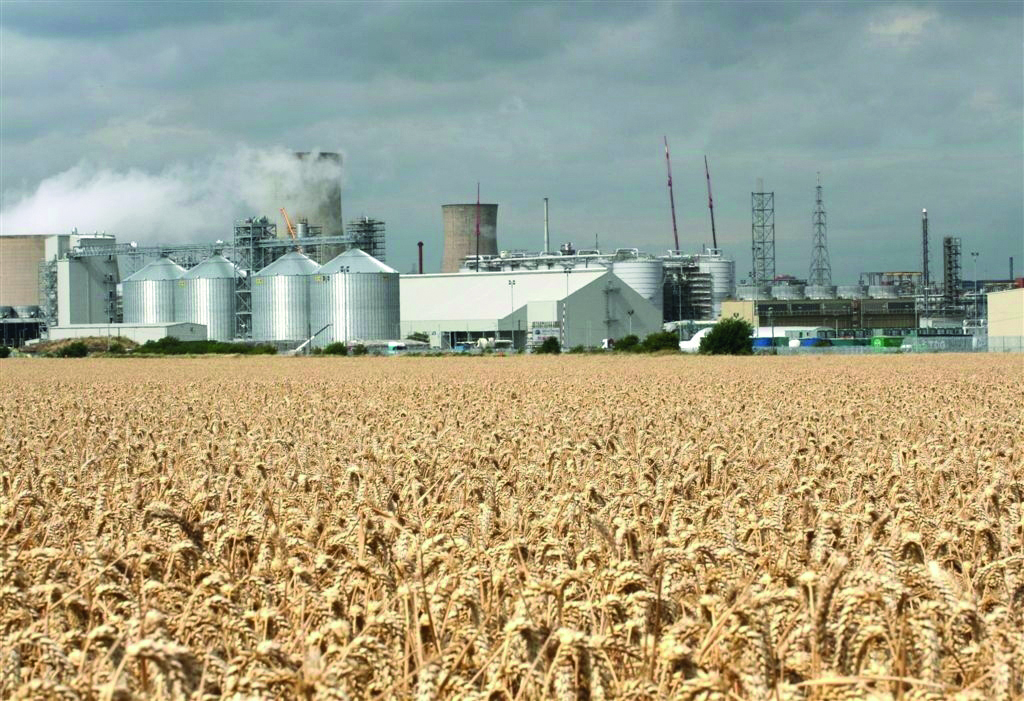The UK meat processing sector is worryingly vulnerable to potential CO2 shortages and price spikes, following the closure of one major UK supplier and the possible demise of the other, according to British Meat Processing Association chief executive Nick Allen.
Between them Associated British Foods’ (ABF) Vivergo bioethanol plant, in Hull, and the Ensus bioethanol plant, on Teeside, provided more than 30% of the UK’s CO2, including in abattoirs to stun pigs prior to slaughter.
Last week, ABF announced the Vivergo plant, which was reportedly losing £3m a month, under pressure from imports, would cease production by August 31, with the loss of around 160 jobs.
The situation for both plants was undermined when the government removed the 19% tariffs on US bioethanol coming into the UK, under the UK-US trade deal in May. ABF announced the closure of the Hull plant, after the government confirmed it was not going to provide short-term financial support and a longer-term regulatory solution to keep it open.
Ensus warned of possible ‘imminent closure’ back in June and while its plant remains open for now and talks with the Department for Business and Trade are ongoing, it is seemingly in the same boat, in the absence of a rescue package from government.
Vulnerable
Mr Allen said that if Ensus did close, it would mean that the UK was entirely dependent on a handful of EU companies for its supplies of CO2. While there is no imminent threat to supplies to UK meat plants, he said it creates huge uncertainty.
“It would make this industry far more vulnerable and prone to sudden prices increases and shortages of CO2, if one or more of these EU plants has to close at short notice. There is no coordination at all between these companies and that means UK users of CO2 will have no control over supplies,” he said.
“Yet again, we are going to be dependent on imports for a key part of our supply chain, rather than actually producing the product at home,” he said.
The bioethanol plants are also major customers of UK crops and produce ingredients for animal feed, while the closure of both would come as a huge blow to the drinks sector, which uses CO2 to create ‘fizz’ and prolong shelf life.




